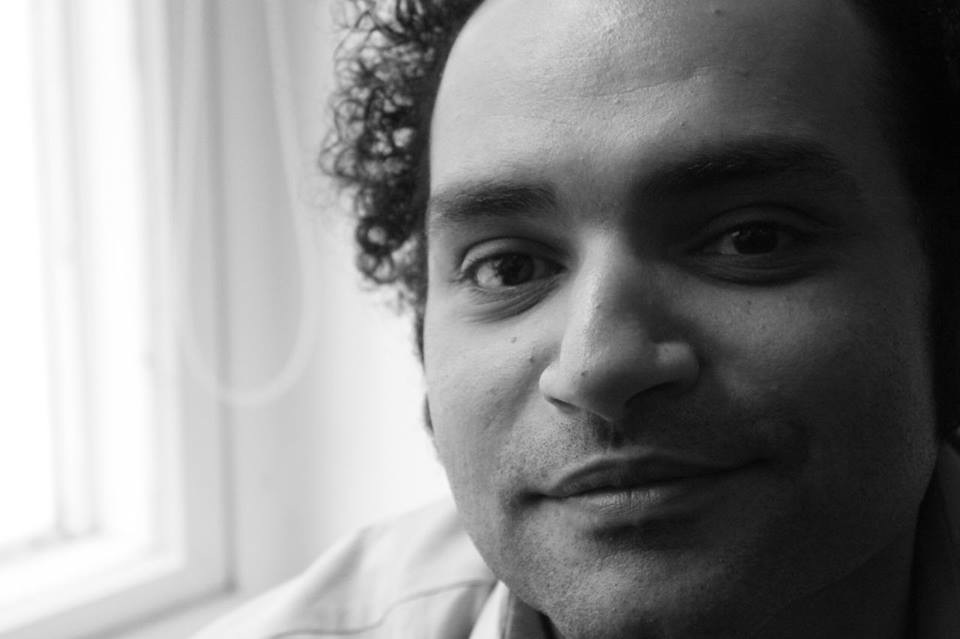Finally the parliamentary elections are over, and in a couple of weeks, we will witness the very first session of the first post-30 June uprising parliament. Concluding the parliamentary elections is one more step in the realisation of the transitional roadmap announced after the ousting of former president Mohamed Morsi on 3 July 2013.
It is true that some steps in this roadmap, like youth empowerment and a detailed code of conduct for the media, are still not realised, I am sure that announcing the achievement of those steps is a matter of time.
Now, regardless of the ongoing analytical debate about the significance of the elections and the new map of political forces, the truly important question now is not what are the different dimensions of the political landscape created by an impotent electoral process but rather whether the conclusion of the 3 July roadmap is conducive to a democracy?
Perhaps the proper manner to go about answering this question is to examine the extent of efficiency of the so far implemented points of the road map. Egypt had a constitutional referendum in early 2014, a presidential election in mid 2014, and parliamentary elections in late 2015; what is the cumulative outcome of those procedures?
Other than how democratic these procedures appear to be, the actual content and application remains to be very far from a representative democracy, as anyone would rationally conceive of it. The constitution is full of articles that are neither applied nor reflected in legislation.
Examples include Article 14 that states that public offices are a competence-based right for all citizens without bias or favouritism; Article 15 states that peaceful strike is a right regulated by law; Article 21 states that the state will guarantee independence of universities and scientific and linguistic academies; Article 51 will state that the state will respect and protect human dignity; Article 52 states that torture in all forms and types is a crime that is not subject to prescription; and Article 55 states that those arrested or detained may not be tortured, intimidated, coerced, or physically or morally harmed.
However, the point is not to trace where, when, and how did the state violate constitutional articles but to argue that having an eloquent constitution does not necessarily lead to a democracy.
In a similar manner, the president used his constitutional right to legislate in the absence of the parliament. Since President Abdel Fattah Al-Sisi assumed office mid 2014, over 400 laws were passed. It is true that the majority of those laws are technical and regulatory legislations, some them are purely political and clearly undemocratic to say the least.
Examples of such legislations include the NGOs Law, the Terrorist Entities Law, the amendments to the Universities Law and of course the Protest Law, which was issued during interim president Adly Mansour’s period in office. Again the point is one and the same; a presidential election is not necessarily a guarantee of an efficient democratic system.
Unfortunately, the same applies to the parliament, which was elected according to a faulty non-representative law. The elections themselves were immersed in sheer propaganda and labeled by an obvious lack of participation, despite all the attempts to prove otherwise. The running candidates and political forces lack any clear strategic vision or a merely identified political orientation.
The extent of diversity and difference in campaign content was non-existent. There was a clear role for political money in both election rounds. The majority of the candidates were totally obscure to the voters to the extent that all nominated celebrities or candidates with regular media exposure won.
The results of the elections suggest that this parliament will lack any form of opposition and the majority of the members will struggle with public speaking, let alone legislative or supervisory functions. However, we have a democratically elected parliament nonetheless!
So if we go back to the question raised at the beginning, it will appear that the cumulative democratic effect of these difference procedures is so far nothing but a tiny bit more than a zero. The various political procedures that took place over the course of the past two years were nothing but minor additions to a system of competitive authoritarianism, a cosmetic incomplete democracy and a deeply rooted majoritarian rule.
Before we celebrate the birth of a post 30 June Uprising democratic institution, we need to ask ourselves what kind of democracy are we celebrating?



